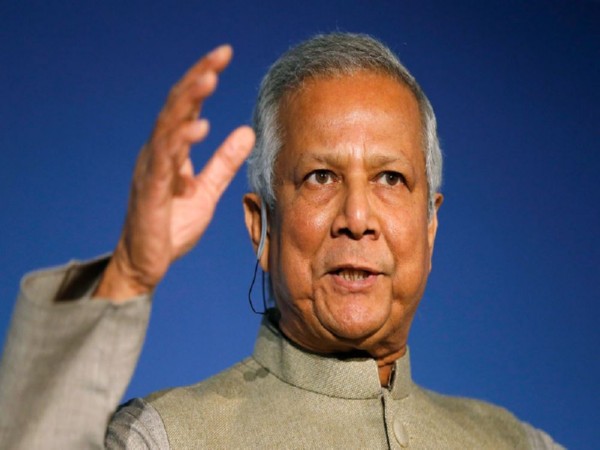
Dhaka [ Bangladesh ], March 30 (ANI): In less than seven months into his tenure, Bangladesh 's Chief Advisor, Muhammad Yunus, began to fall short of his lofty promises to prioritise rooting out corruption . This raised serious concerns about his commitment to the anti- corruption cause.
In an article published by Anjuman A Islam in Eurasia Review, since assuming control of Bangladesh 's interim government on August 8, Muhammad Yunus, a Nobel Peace Laureate, vowed to make rooting out corruption his top priority. He declared that his mission was to rebuild Bangladesh , with a focus on eliminating the abuse of state power and ushering in a new era of accountability. Despite his initial proclamations to the world, Yunus and his advisors have been accused of engaging in practices that contradict the values they promised to uphold.
Anjuman highlighted that a recent report by a Bangladesh newspaper revealed several of Yunus's advisors have been using multiple vehicles meant for public service, diverting them for personal use and violating the rules that allow only one vehicle per advisor. This misuse of taxpayer-funded resources has sparked outrage, especially as it comes amid Yunus's promises of transparency and accountability.
He further stated, "Alarmingly, all the advisors and Yunus' office attempted to dismiss this obvious misconduct advisors beneath the surface until the newspaper exposed the significant irregularities that Transparency International Bangladesh 'S Chapter Executive Director Iftekharuzzaman described it as a blatant violation of the spirit of the July-August revolution.'
This clear abuse of governmental authority by him advisors has further undermined Yunus's effort to depict the Awami League as the only source of corruption in the country.
In stark opposition to his anti- corruption Rhetorically speaking, Yunus has encountered criticism due to the quick endorsement of substantial business projects associated with him and his team. Just two months after assuming office, his microfinance organization, Grameen Bank, was awarded a five-year tax break. Additionally, various enterprises tied to either Yunus or relatives were swiftly approved by the administration, as noted by Anjuman in his piece.
A previous decision by the High Court was reversed, allowing Yunus’s Grameen Kalyan entity to be exempted from an enormous tax liability of BDT 666 crore. Furthermore, permission was granted for a private university—Grameen University—to be established, which appeared to benefit those close to Yunus.
At the same time, labor rights advocates, those against corruption Campaigners and legal experts have voiced worries about Yunus's lack of comment on the swift dismissal of charges against individuals employed by organizations he formerly headed. The cases, initiated prior to August 5, were quickly thrown out without any official clarification, thereby intensifying questions surrounding the ethical standing of Yunus’s management, according to an article from the Eurasia Review.
What started as an ambitious reform plan, fueled by pledges of change, corruption -free Bangladesh , now risks becoming embroiled in a scandal-prone administration. (ANI)